Chris Walker imagines Gully Queen’s return to this world with horns.
In the early morning hours of July 23, 2013, the queer teen, whose birth name was Dwyane Jones, was murdered by a mob of partygoers angry that Jones showed up in a dress; they chased, beat, shot, stabbed, and ran them over with a car, leaving their bludgeoned body on the roadside. Despite over 300 attendees at the party, no one was able to identify the attackers. The case remains unsolved.
In African diasporic folklore, the duppy, or spirit, Rolling Calf has multiple interpretations. Some believe Rolling Calf is the spirit of an unsettled, wicked person. Others, including Walker, interpret it as the ghost of an enslaved boy, still bearing the weight of heavy wrought-iron chains. The idea of encountering Rolling Calf on a dark night in rural Jamaica can evoke fear in residents, young and old.
Rolling Calf appears in many forms; Most commonly, it is a hornless goat, with blazing red eyes and the telltale sound of dragging chains that you hear long before you see it.
In “Intervention Indigo,” (a project that combines procession, protest, performance, music, and dance) Walker, and contemporary artist Laura Anderson Barbata, reimagine the age-old myth. In their mas costume, Rolling Calf has large horns, steeped in a beautiful blue hue, representing the spirits of LGBTQ+ folks across the African diaspora who have lost their lives.
“I re-interpreted that story to speak to the trans folks and gay boys in Jamaica who are constantly running away, who had to run away, or who felt like they had to run away at a certain time,” Walker said.
“The horns are huge because they’re supposed to reference the valorized, the most respected. They get to come back with the largest horns, so your own people have to give you their respect in terms of your position and stature. It really does honor the LGBTQ+ community in Jamaica by saying that even in death, you can still come back and remind us of beauty and joy.”
For Walker and Anderson Barbata’s Rolling Calf, the chains signify two things: the weight of oppression LGBTQ+ folks in the diaspora and the enslaved boy faced as they often grappled with projections of hate and fear from their communities during their lives; and a sense of spiritual homelessness not awarded to them in death after a lifetime of oppression.
Gully Queen was driven out of their childhood neighborhood and lived for two years in a derelict home with other LGBTQ+ folks who faced similar rejection. After their death, their body laid in a morgue unclaimed by their family.
“The lack of ceremony and rituals ensured home was still not available to them in death. The enslaved boy never made it home to the spirit world. That world is home,” Walker said.
“This is a significant part of the torment. I imagine queer spirits who haven’t been given the proper send off rituals wandering the living world unwelcomed, feared, hated. They exist in-between, unable to rest in peace.”
Resistance Aesthetics
Walker is a multi-hyphenate creative, with decades of study and practice in dance and performance art. His work is grounded in what he refers to as “resistance aesthetics”— the idea that folks in the African diaspora can draw upon our history of collective trauma to create art that turns that oppressive history on its head.
“Hip-Hop, Dancehall, R&B, Rock & Roll, Jazz, you name it, they all come out of a response to oppression and resistance to oppression. That we are able to take bad things and make it good,” Walker said.
“My work deconstructs and re-embodies that history and problematizes it as contemporary conversation.”
Walker uses his work to have these difficult conversations about various topics, including violence, climate change, and societal stigmas. Walker’s performances are often immersive, blurring the line between the stage and the audience.
“When I create performance, I wanted to create spaces where the performers weren’t so separate from the audience, and we are in this sort of circular dialogue…and the two things come together to make this ritual of live performance,” Walker said.
That approach can reveal tension about the subject matter with some attendees. Walker’s “Facing Home: Love and Redemption” is a collaboration with choreographer Kevin Ormsby that juxtaposes the message of liberation and hope in Bob Marley’s music with longstanding homophobia present in Jamaica.
Walker presented the piece in Kingston, Jamaica, where he spent part of his childhood and pursued his undergraduate work. During the post-show discussion, an audience member angrily walked out. While Walker expected those reactions, he recognizes that people mimic what they’ve been taught for generations and that it takes patience to change hearts and minds.
“It’s a lot of discomfort, but that’s a part of ‘Facing Home.’ It’s designed as a process to have really difficult conversations,” Walker said.
“I’m developing a real deep sense of empathy for people who hold long-standing beliefs. That’s not me being high and mighty, that’s me recognizing that you have believed that for 40 years…and it’s coming from the people they love and trust the most. Who are you to interrupt that?”
Personal Growth
Walker said practicing conscious growth has been a process for him, too. Walker recalls a conversation years ago with a student, a gay woman, who told him her peers often speculated about his identity, and it would have been nice to know while she was taking the class. Now, Walker makes it a point to address it early on.
“If me, as a queer professor, could have a positive impact on how you see yourself and your identity? That was it,” Walker said.
“So, in my classes, sort of at some point early, I will find a way to ‘out’ myself and move beyond it. But it also opens up other conversations in the class and creates other spaces in the class.”
For Walker, he strives to make his classroom a space where his students feel free to create art about subject matters and histories that are often oppressive or uncomfortable. He understands the importance of shaping a world rooted in principles of pluralism after seeing it modeled by his graduate professor, contemporary artist Claude Morgan, at the State University of New York in Brockport.
“What he really did was create culture…his work and the vocabulary that he worked with was rooted in African and Afro-Brazilian forms. Even the class warm-up itself was a ritual. It was a functional activity that you came in and participated in. Different folks had different roles, where you could center yourself in that class ritual,” Walker said.
“Students in the class were arranged in concentric circles, so you were always visible to others and others were always visible to you, you were part of this larger community. [Morgan] transported aesthetic elements of African culture into the dance studio and that had a lasting effect on me; the idea of creating spaces where ritual communication and transformation can occur.”
First Wave Hip-Hop Theatre Ensemble
After Walker completed his MFA at SUNY-Brockport in 2004, he taught in New York and Kingston before joining the Dance department faculty at the University of Wisconsin-Madison in 2006. Shortly after arriving at UW-Madison, Walker was tapped to serve as the Artistic Director for a brand new program, the First Wave Hip-Hop Theatre Ensemble. For the last 13 years, First Wave has recruited performers with diverse backgrounds to attend the university on a full scholarship. First Wave students perform on stages across the world. Many have gone on to have careers in the performing arts, literature, and academia.
For Walker, one of the most important aspects of First Wave is its commitment to providing students with both the creative and financial support they need to be successful in their pursuits. Walker credits his mentor, Jamaican scholar and Vice Chancellor Emeritus of the University of the West Indies Ralston “Rex” Nettleford, with guiding him to scholarships, and in some cases, personally funding his education. Nettleford also co-founded the National Dance Theatre Company of Jamaica, where Walker trained and performed and now serves as choreographer.
“I am a testament to what can happen when you enable a young person to do for themselves, their community, and the world through scholarship, academic support, and guidance,” Walker said.
“[Nettleford] was like a father to me … he said that I had something to offer, and I needed to make that investment worthwhile.”
Collective Centering
Walker’s theory of collective centering, the exercise of bringing diverse people together and using their individual stories and expertise to make sense of a common goal, is heavily influenced by Nettleford’s scholarship. Like Morgan and Nettleford before him, Walker does his best to serve the needs of the students in front of him to create an environment where everyone can do their best work.
“If something is not right, a student can speak to it. They’re going to need space, and [the class] will have to take the space in order to do that so creative work can really happen,” Walker said.
“Taking the time to engage that which is causing a young person anxiety can only mean that better results are gonna come from the time that we spent together actually doing scheduled work. It’s really building a sense of trust and a sense of, ‘this is a space I can depend on.’ That is important to me.”
Carrying on a legacy
One of the greatest joys of Walker’s work is seeing his former students return to the University as scholars and colleagues. Sofia Snow, who was a member of First Wave’s inaugural cohort, now serves as the Executive Director of the program with James Gavins, a second cohort graduate, as Creative Director.
When reflecting on his students’ return—and the throughline of all his work—Walker borrows a line from Alex Haley’s seminal mini-series “Roots.” Holding his infant son Kunta up to the night sky, Omoro Kinte, tells him, “Behold, the only thing greater than yourself.” Years later, Kunta repeats the act while holding his daughter.
Walker is grateful that he is able to carry on the legacy of the scholars that preceded him and provide a base for the next generations of scholars.
“That is the theme that keeps recurring in everything I do…greater than yourself. Family. Community. Society. The world. Humbling yourself to the power of the group dynamic which is greater than yourself.”


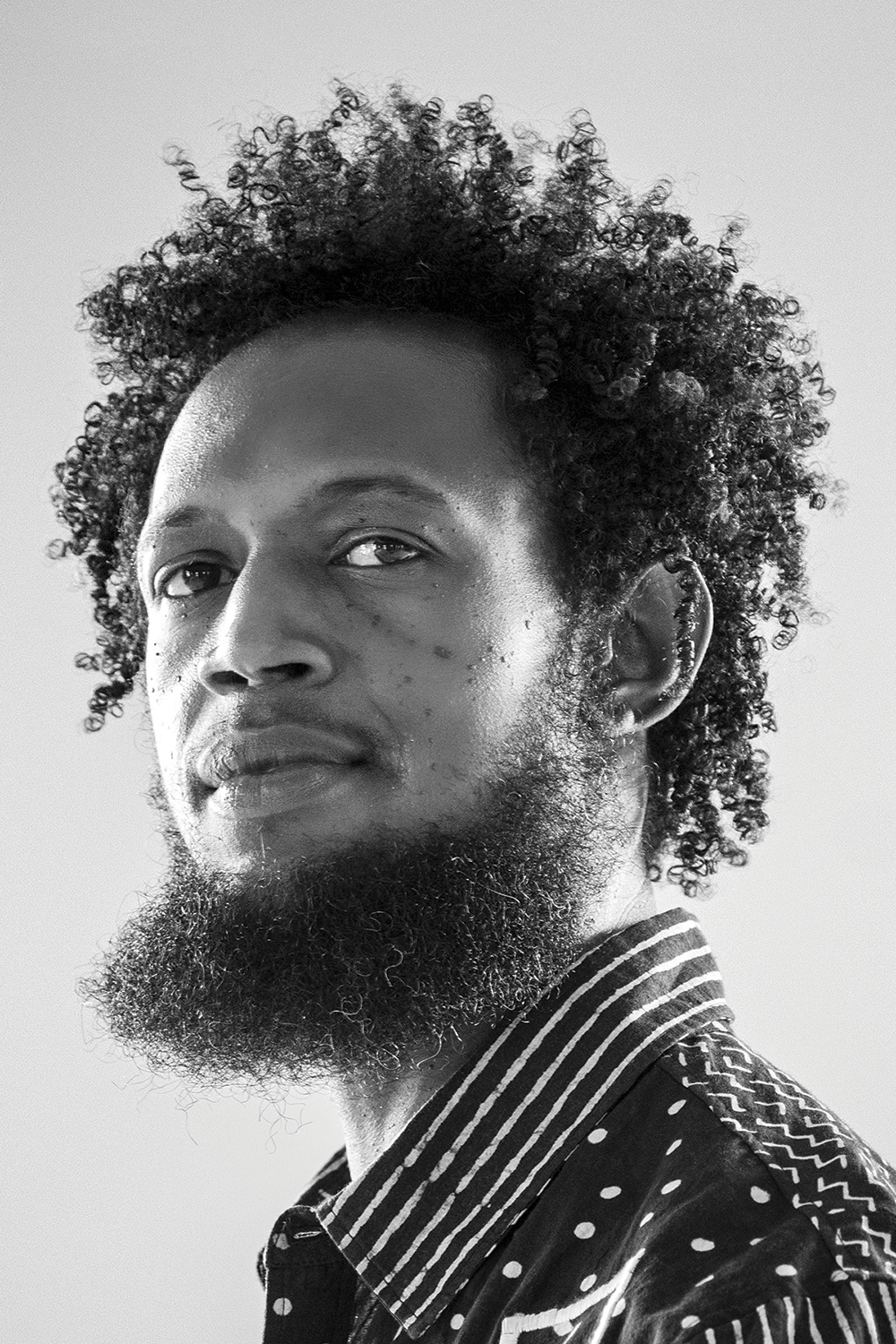

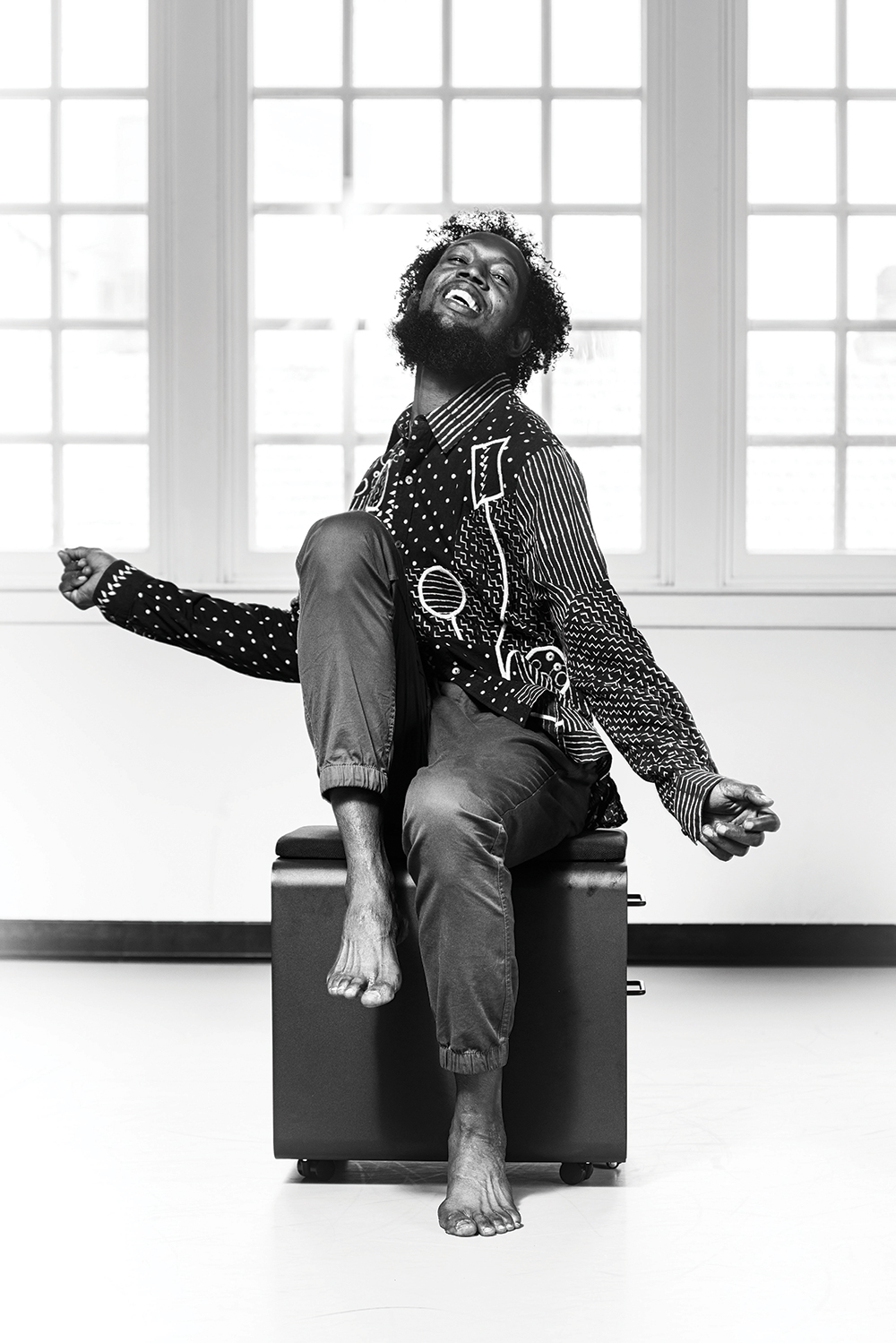
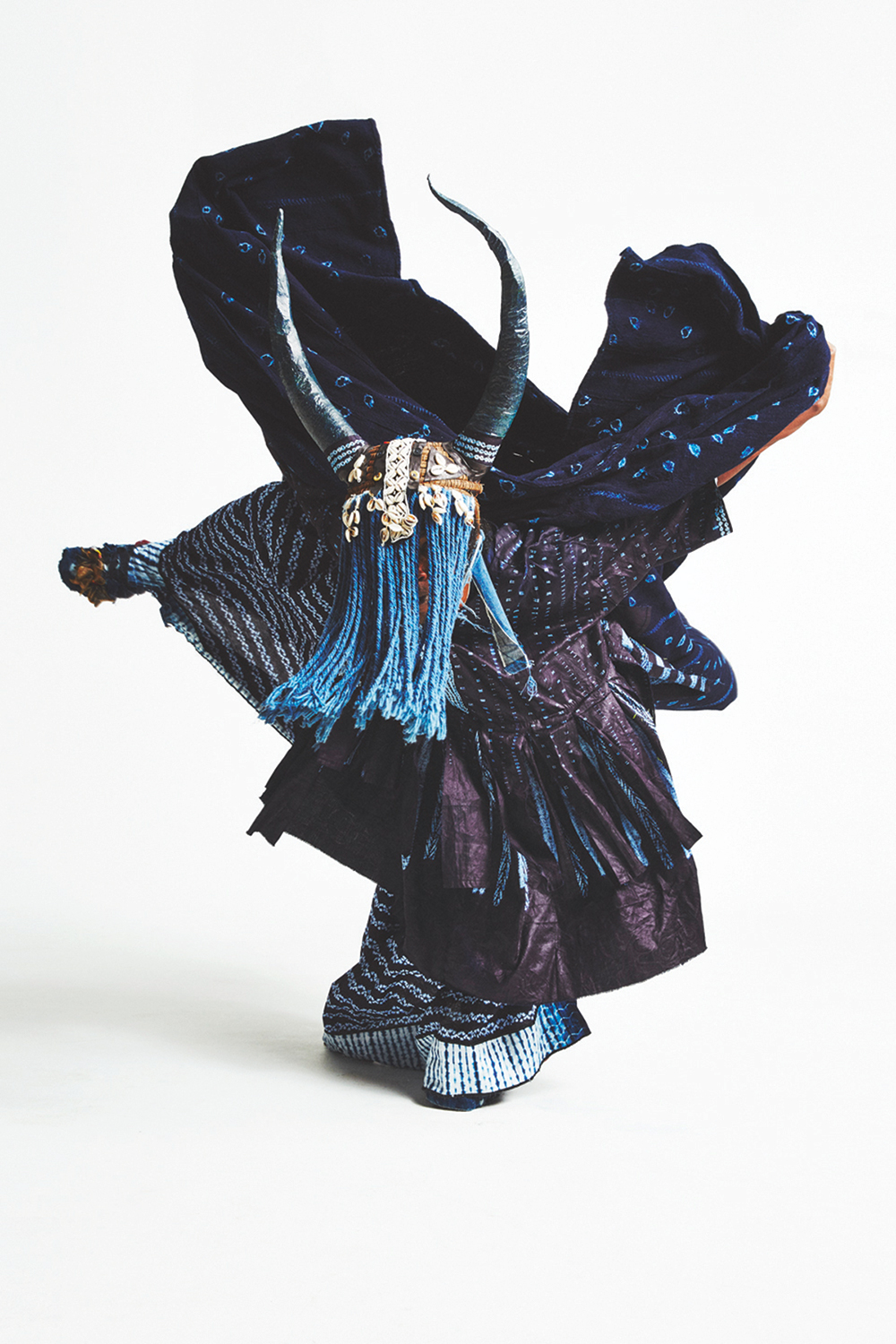



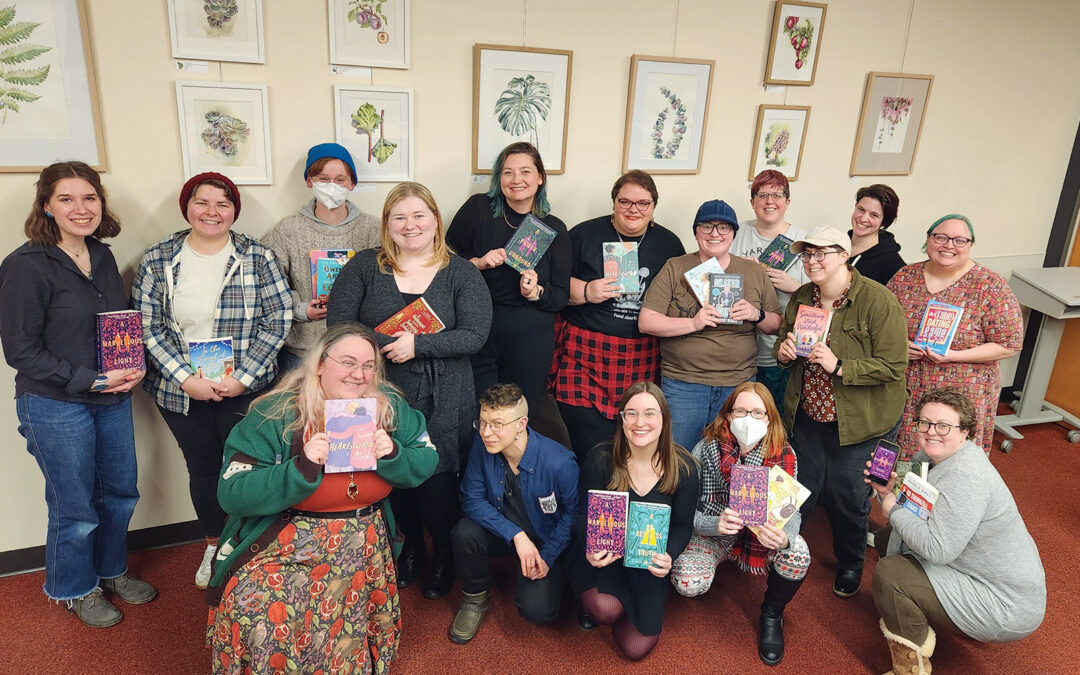
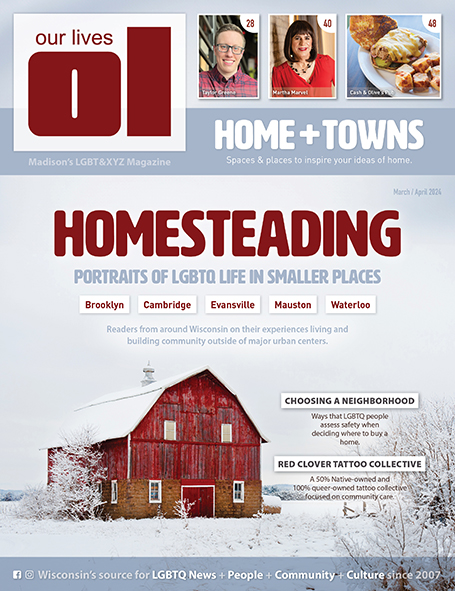
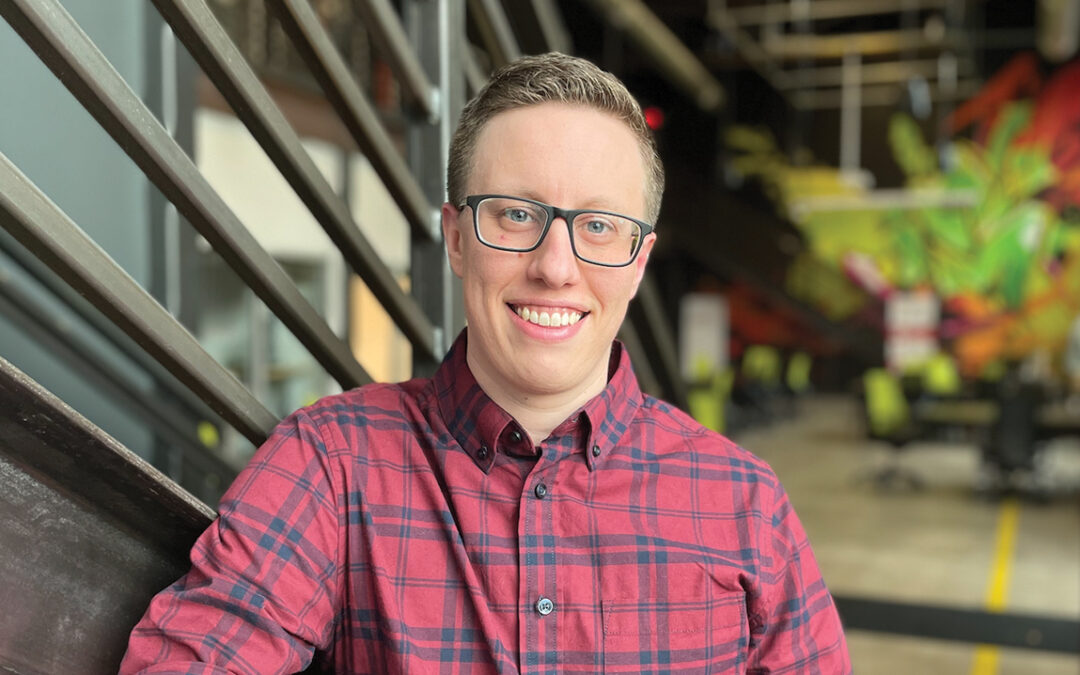
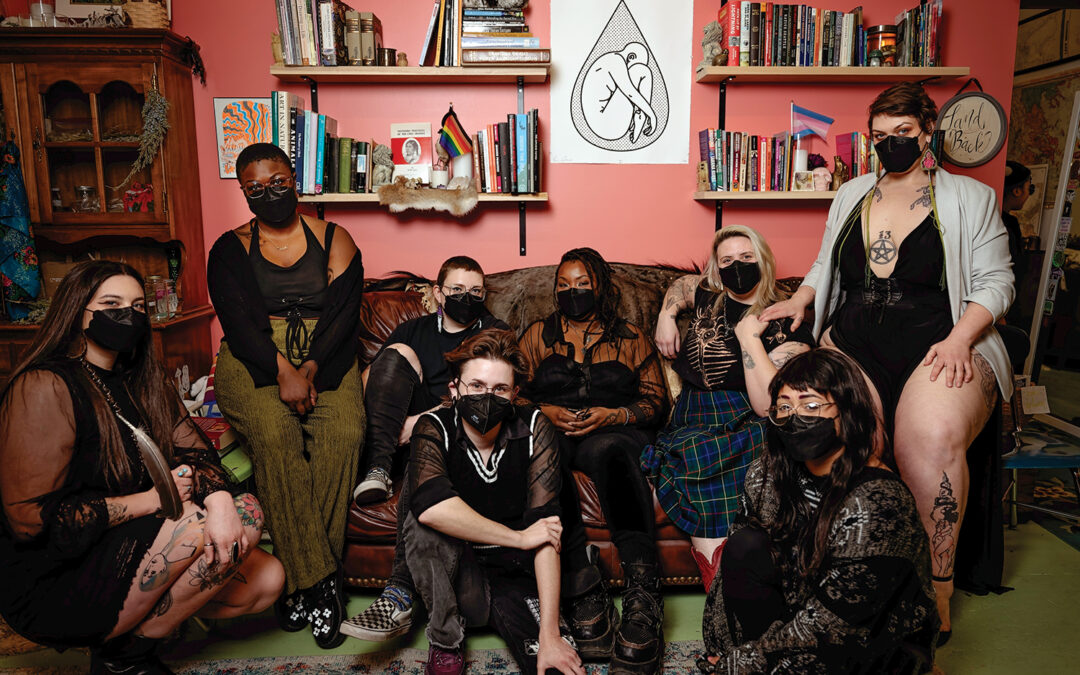

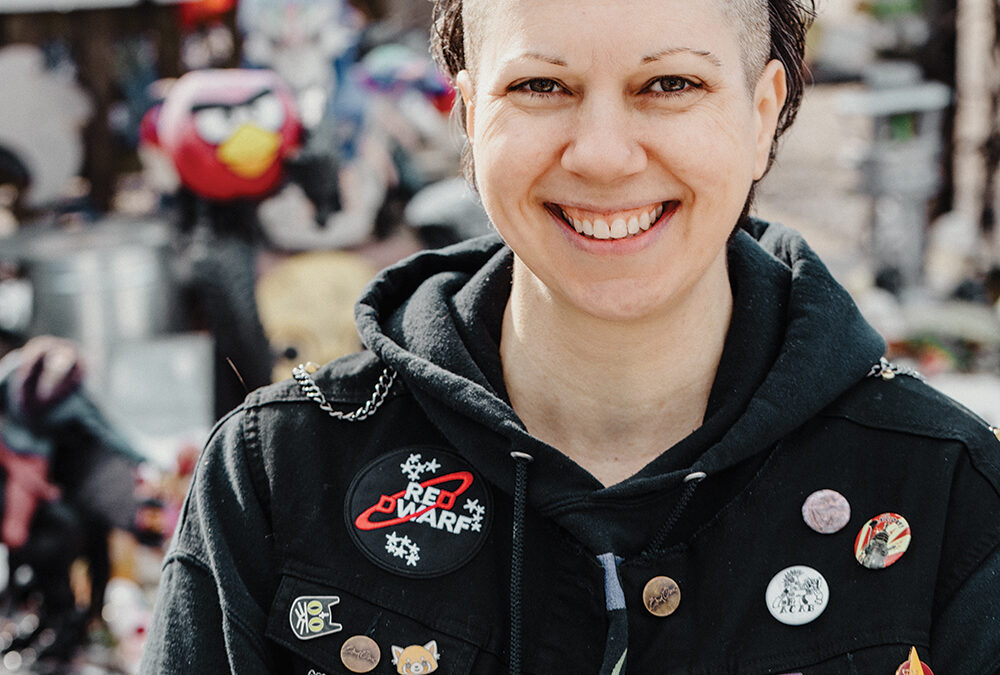
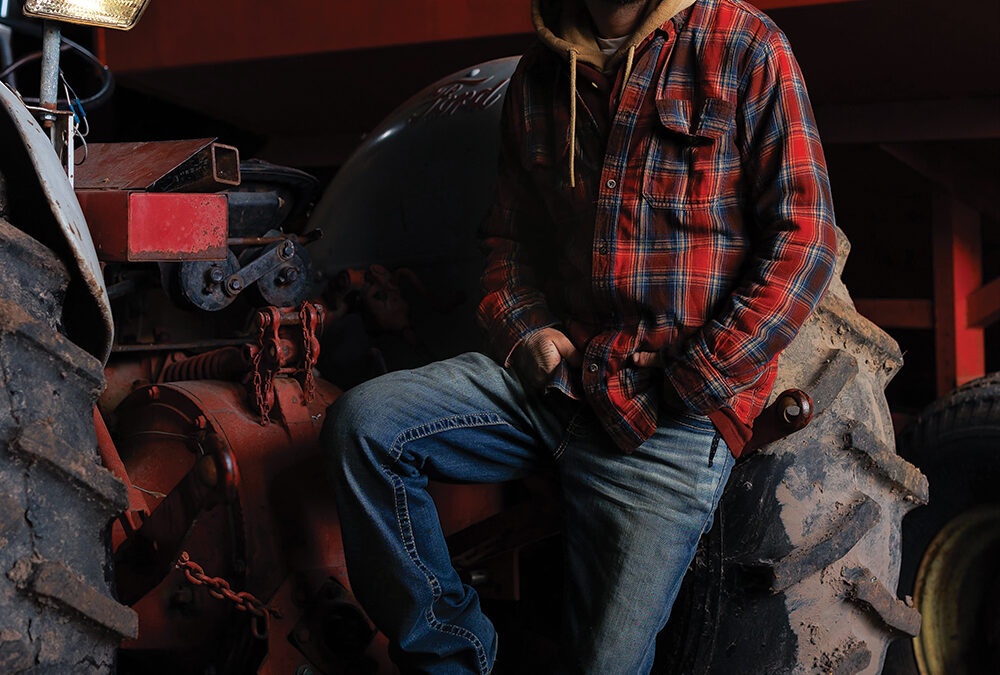
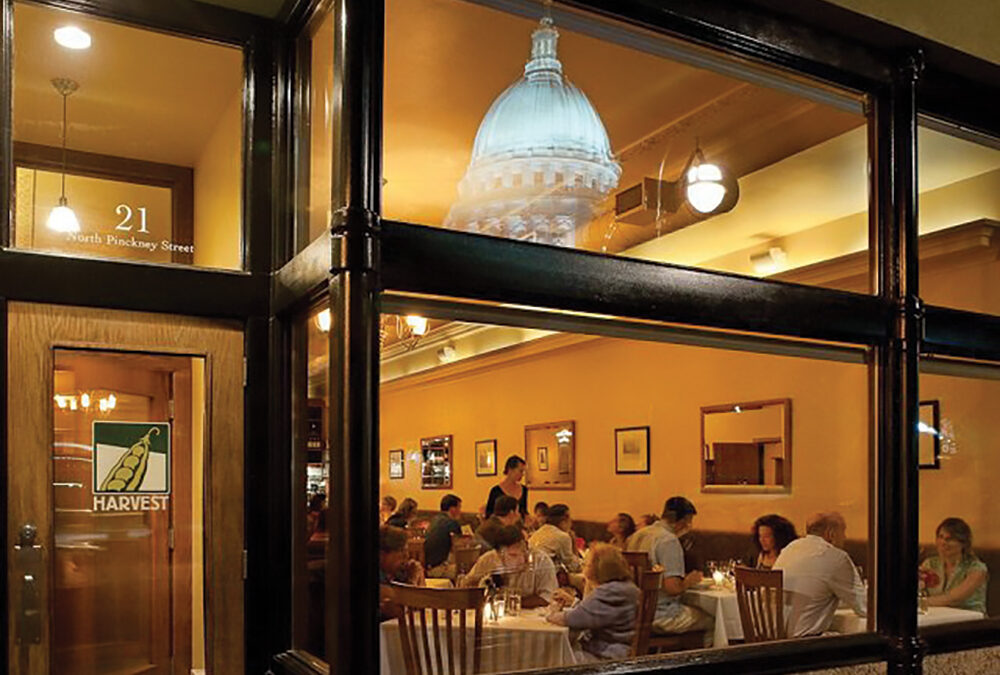

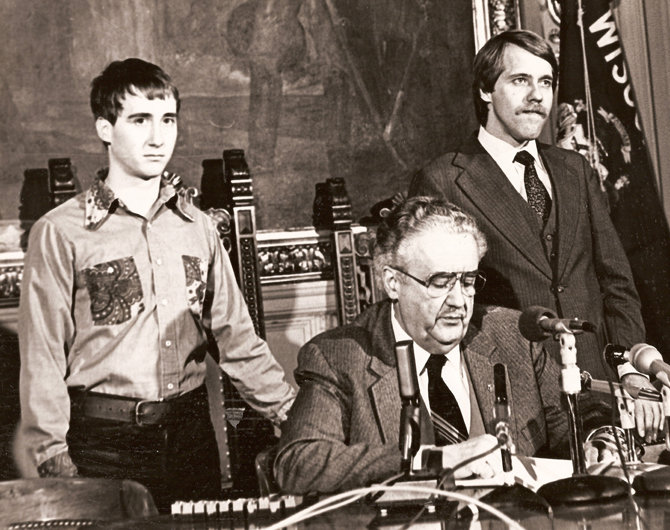










0 Comments